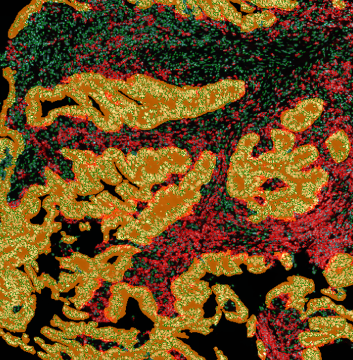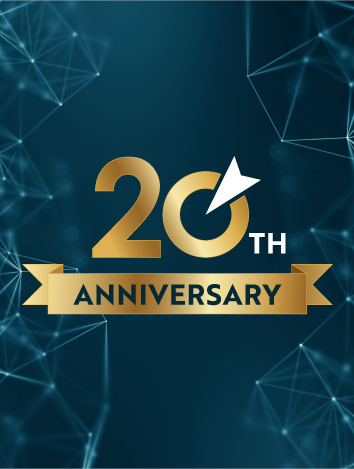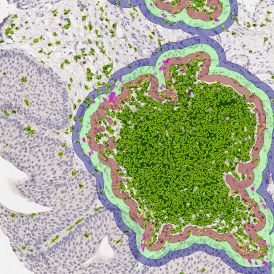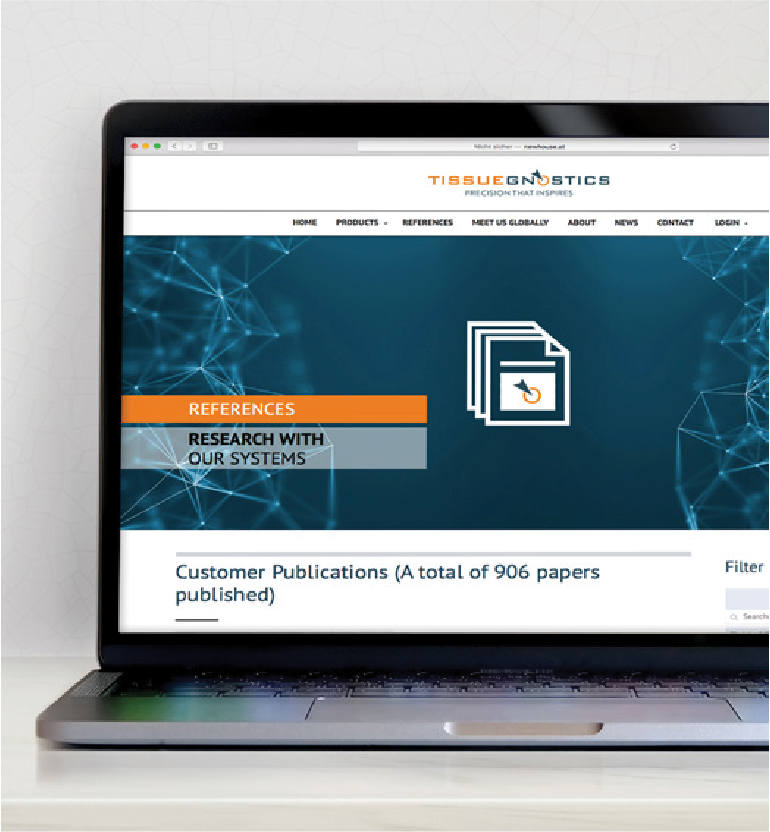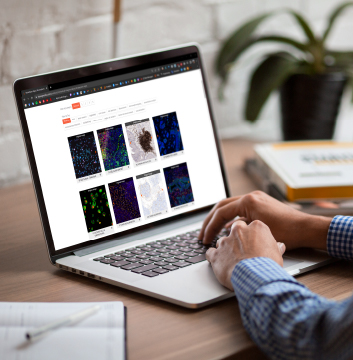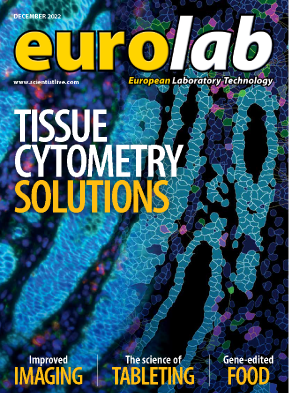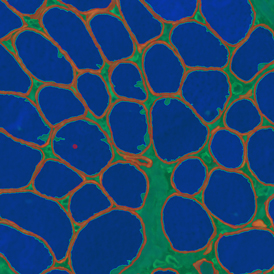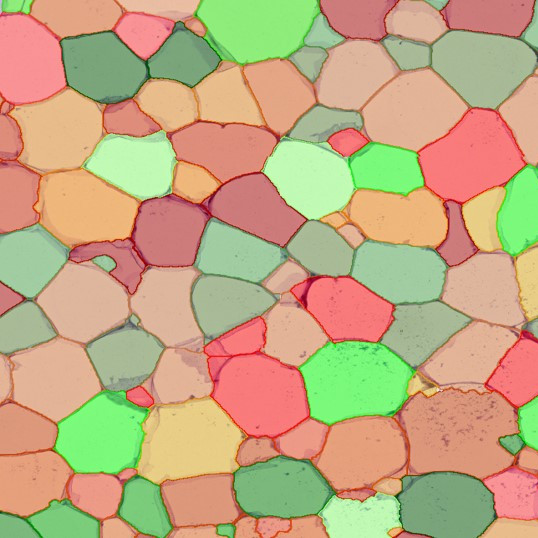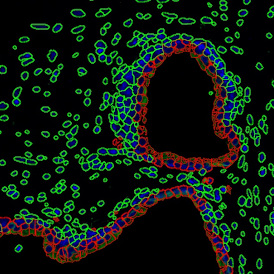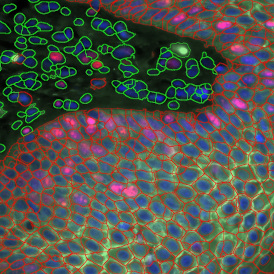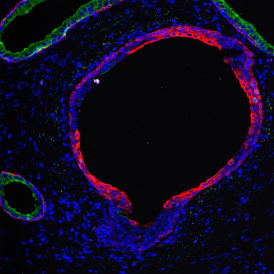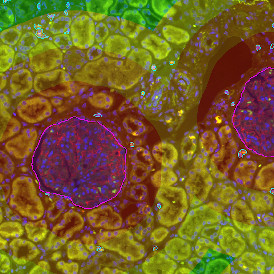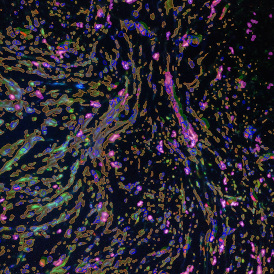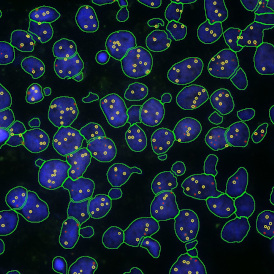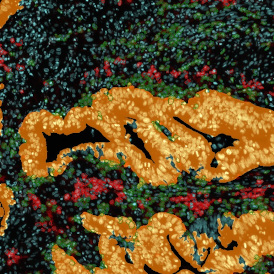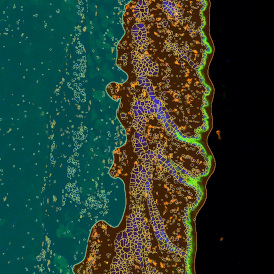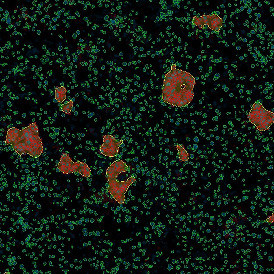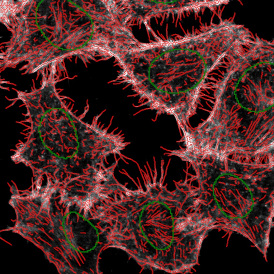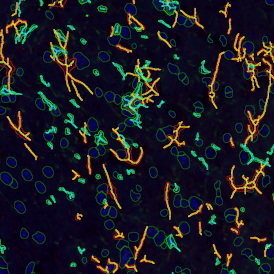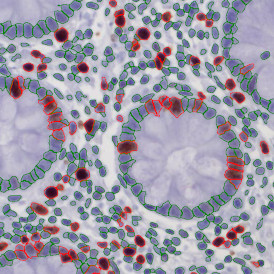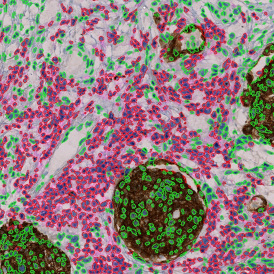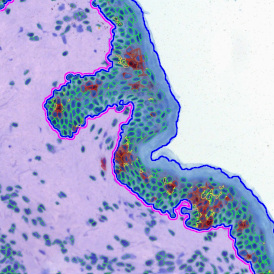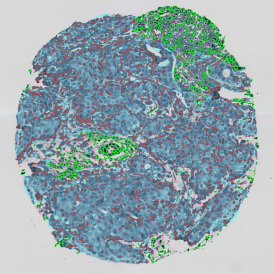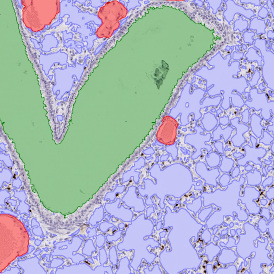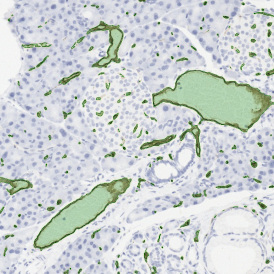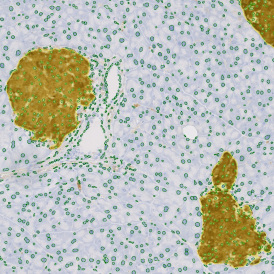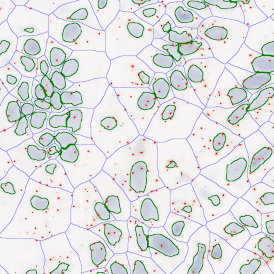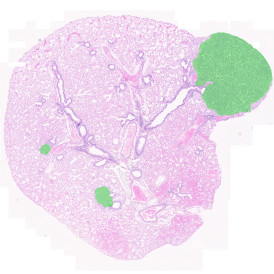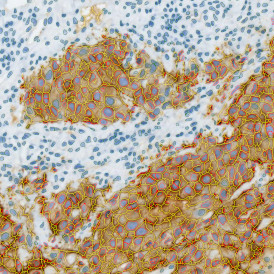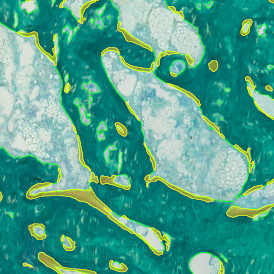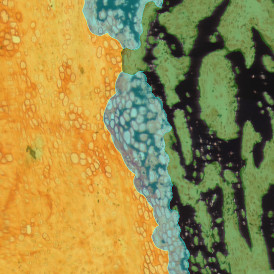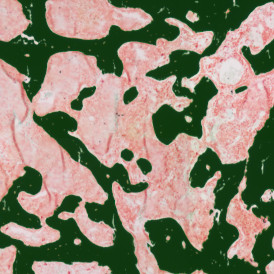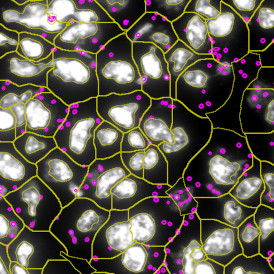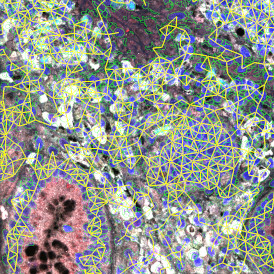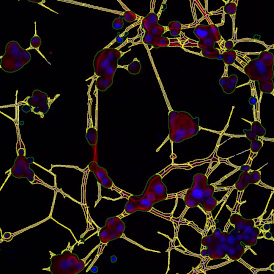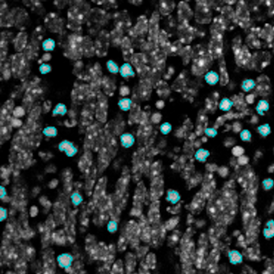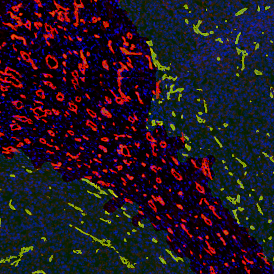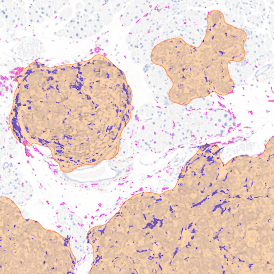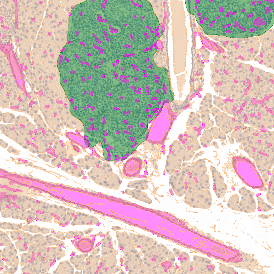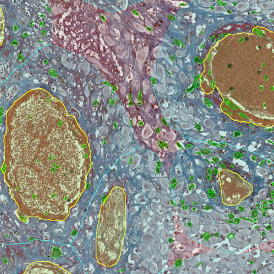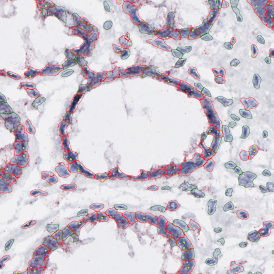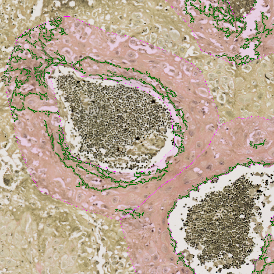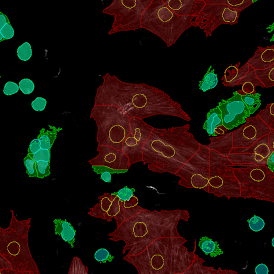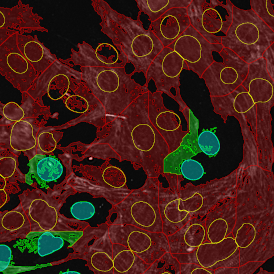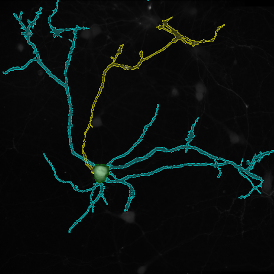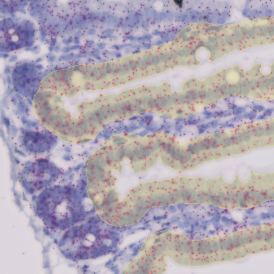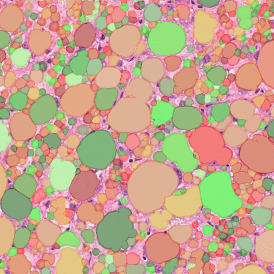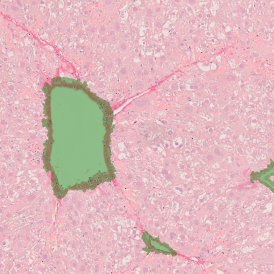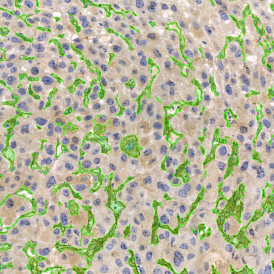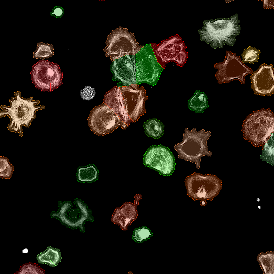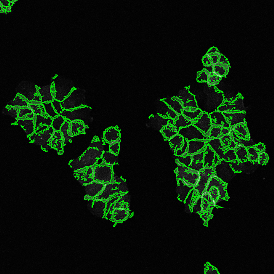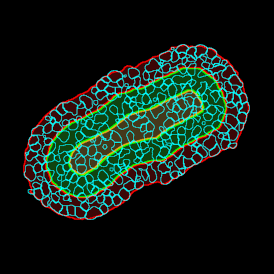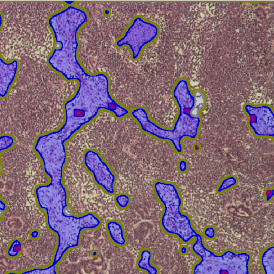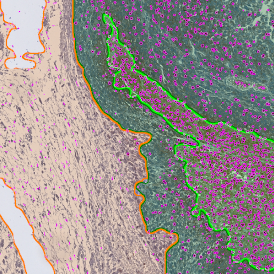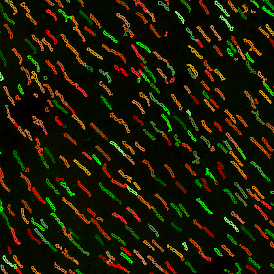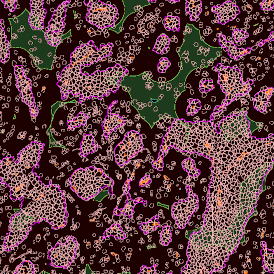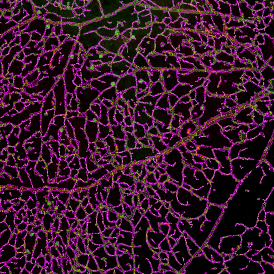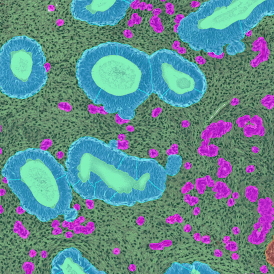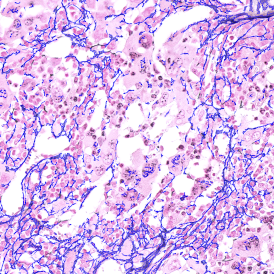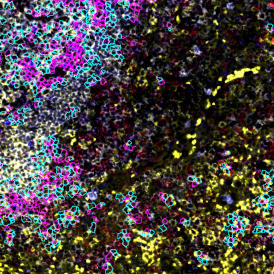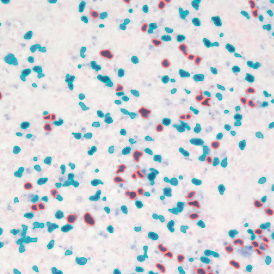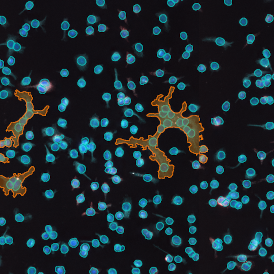MAR
18. March 2021
Next-Generation Image Analysis Software for Digital Pathology
What is Digital Pathology?
Digital pathology refers to the acquisition, management, sharing, and interpretation of information relating to pathology, such as data and slides, in a digital medium. Glass slides are captured with a scanning device to create digital slides offering high-resolution images which can be visualized on computer screens or portable devices.
Digital pathology is becoming more and more widely accepted across the field of pathology. Its usage has led to employed static images, live streaming of images, and whole slide imaging (WSI). Whole slide imaging means that the entirety of a glass slide can be digitized, meaning pathology has become decentralized and does not need to be tied to a traditional microscope.
Digital pathology can be used in clinical applications such as making pathological diagnoses, telepathology, archiving, and image analysis. It can also be used in non-clinical applications such as research and education.
The Future of Image Analysis Software for Next-Generation Digital Pathology
Image analysis is a key component of the evolving field of next-generation digital pathology and a large number of life science applications. Analysis applications which need segmentation to extract targets (such as cells and biomarkers) from the image are commonplace.
Multicellular & Single Cell Segmentation
The new image analysis suite from TissueGnostics includes deep-learning based nuclei segmentation and a machine-learning based tissue classifier which means users can, with minimal input, train the system rapidly to detect both multicellular objects and single cells automatically. This enhances the accuracy and speed of the detection of label-free objects, quantitative analysis of cellular phenotypes and segmentation built on morphological features in digital pathology.
Brightfield & Fluorescence Imaging
Conventional nuclei segmentation built upon classical image analysis methods is prone to fail in tissue environments exhibiting extreme cellular density. Cells within primary and secondary lymphoid organs or immune cell clusters can be particularly difficult to accurately segment. Another frequently encountered challenge for accurate nuclei segmentation is weak nuclei staining as well as non-homogenous chromatin distribution patterns within nuclei. Our deep learning-based nuclei segmentation algorithm overcomes those challenges.
Machine learning-assisted image analysis software is able to identify multicellular structures in both fluorescence and brightfield images. Combining machine learning for tissue classification with a completely automated deep learning-based nuclei segmentation greatly enhances the speed and accuracy of the quantitative analysis of the tissue sample. By marking just a few areas representative for the specific morphological entities of interest (tumor area, tumor-stoma, blood vessels, immune cell clusters etc.) a model is created which can separate the tissue into the given classes, and will automatically generate binary masks for the detected areas. To increase the spatial context to these kinds of analysis, tissue class-specific parameters including area, cell count, and percentage of marker-positive cells can be further assessed.
Next-generation digital pathology benefits significantly from integrating machine and deep learning assisted analysis to increase reproducibility while also reducing user input.
To find out more about TissueGnostics next-generation digital pathology solutions, contact us today.
Are you also interested in A brief Introduction to Automated Tissue Classification? Click here

